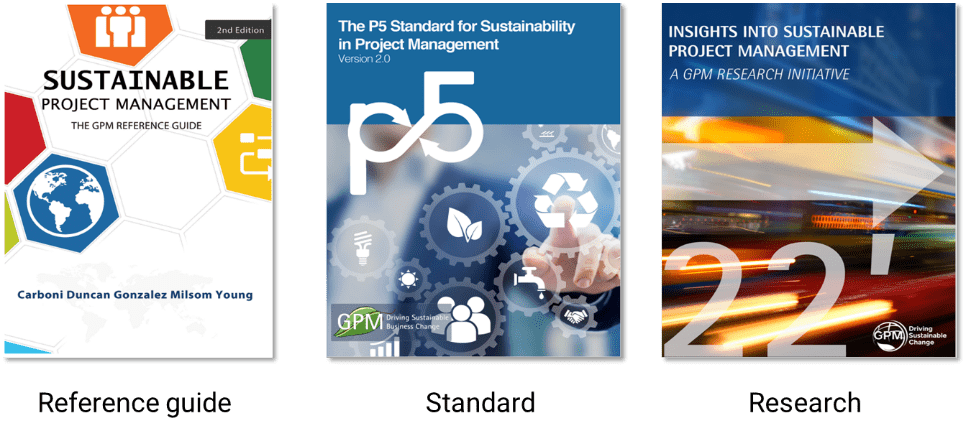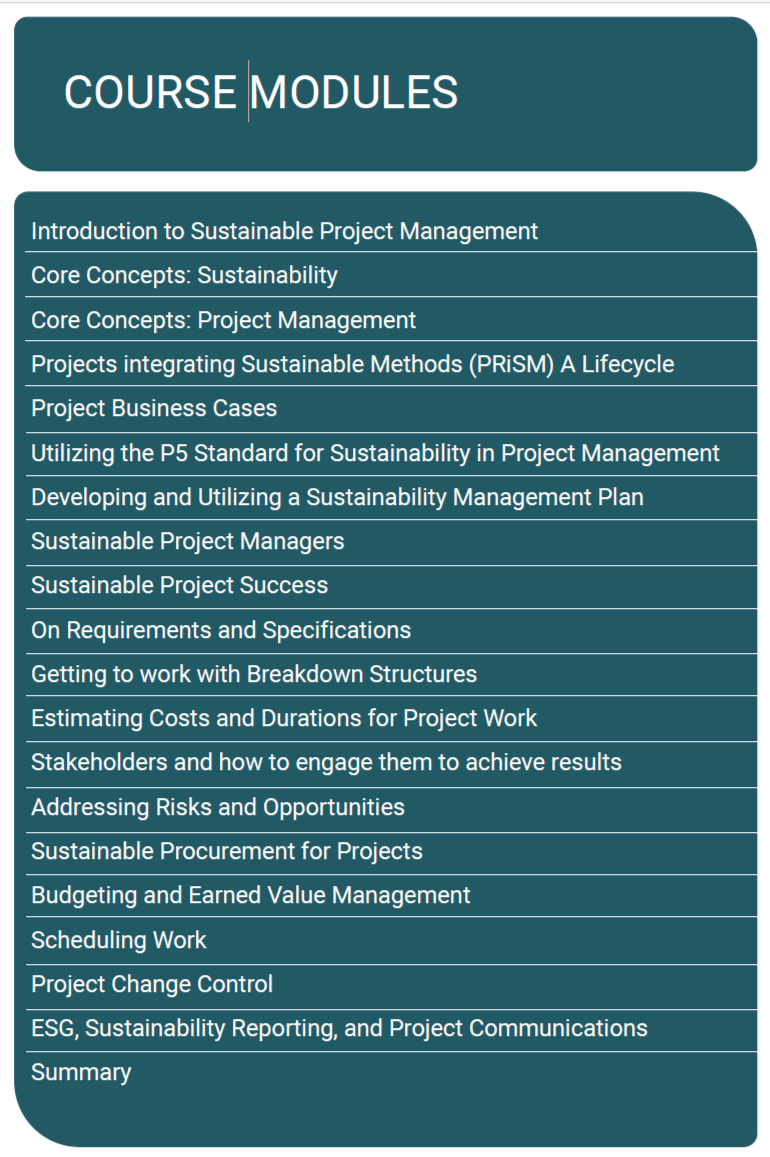The GPM-b exam is designed to measure candidates’ proficiency in two key domains:
- Sustainable Methods: This domain evaluates candidates’ understanding of sustainability principles, methodologies, and tools for integrating sustainability into project management processes. It encompasses topics such as environmental impact assessment, life cycle thinking, and sustainable procurement.
- Delivery Methods: This domain assesses candidates’ ability to apply sustainable practices to specific project delivery methods, including traditional waterfall, agile, and lean. It covers areas such as stakeholder engagement, risk management, and change control.
Obtaining the GPM-b certification demonstrates an individual’s commitment to sustainable project management practices and their ability to deliver projects that align with environmental, social, and economic sustainability goals. It can enhance career prospects, increase marketability, and open doors to leadership positions in organisations that prioritise sustainability.
Passing the Green Project Management (GPM-B) exam requires a thorough understanding of the GPM P5 Standard for Sustainability in Project Management and the Sustainable Project Management reference guide.

Here’s a step-by-step guide to help you prepare for and ace the exam:
- Understand the Exam Format and Requirements: Familiarise yourself with the exam structure, question types, and passing score. The GPM-B exam consists of multiple-choice and situational questions, and you need to answer at least 70% of the questions correctly to pass. The format is generally one from four answers with no negative marking.
- Gather Study Materials: The core texts for the exam are the P5 Standard for Sustainability in Project Management and Sustainable Project Management. These resources provide comprehensive coverage of the exam topics and can be purchased from the GPM website. The P5 standard is a free download.
- Create a Study Plan: Develop a structured study plan that allocates sufficient time for each topic. Break down the material into manageable chunks and set realistic goals for daily or weekly study sessions. Allocate time to each part of the syllabus. The course syllabus is broken down into distinct parts as follows:

- Actively Engage with the Material: Don’t just passively read the study materials. Actively engage with the content by taking notes, summarising key concepts, and creating flashcards. Practice answering multiple-choice questions to assess your understanding.
- Reinforce your Learning: through completing case studies and applying your knowledge to a situational project.
- Seek Clarification When Needed: If you encounter any challenging concepts or unclear questions, don’t hesitate to seek help from experienced professional tutors/trainers
- Schedule Practice Exams: Before taking the actual exam, take practice tests to simulate the exam environment and assess your readiness. Familiarise yourself with the time constraints and question formats. When reviewing questions d not just focus on the correct answers. Make sure you understand why the incorrect answers are incorrect. Repeat the exams until you are scoring 90% plus.
- Book your exam here.
Remember, consistent effort, thorough preparation, and effective time management are key to success in the GPM-B exam. By following these steps, you can increase your chances of achieving your GPM-B certification, joining the growing community of Green Project Managers and advancing your career in sustainable project management.


